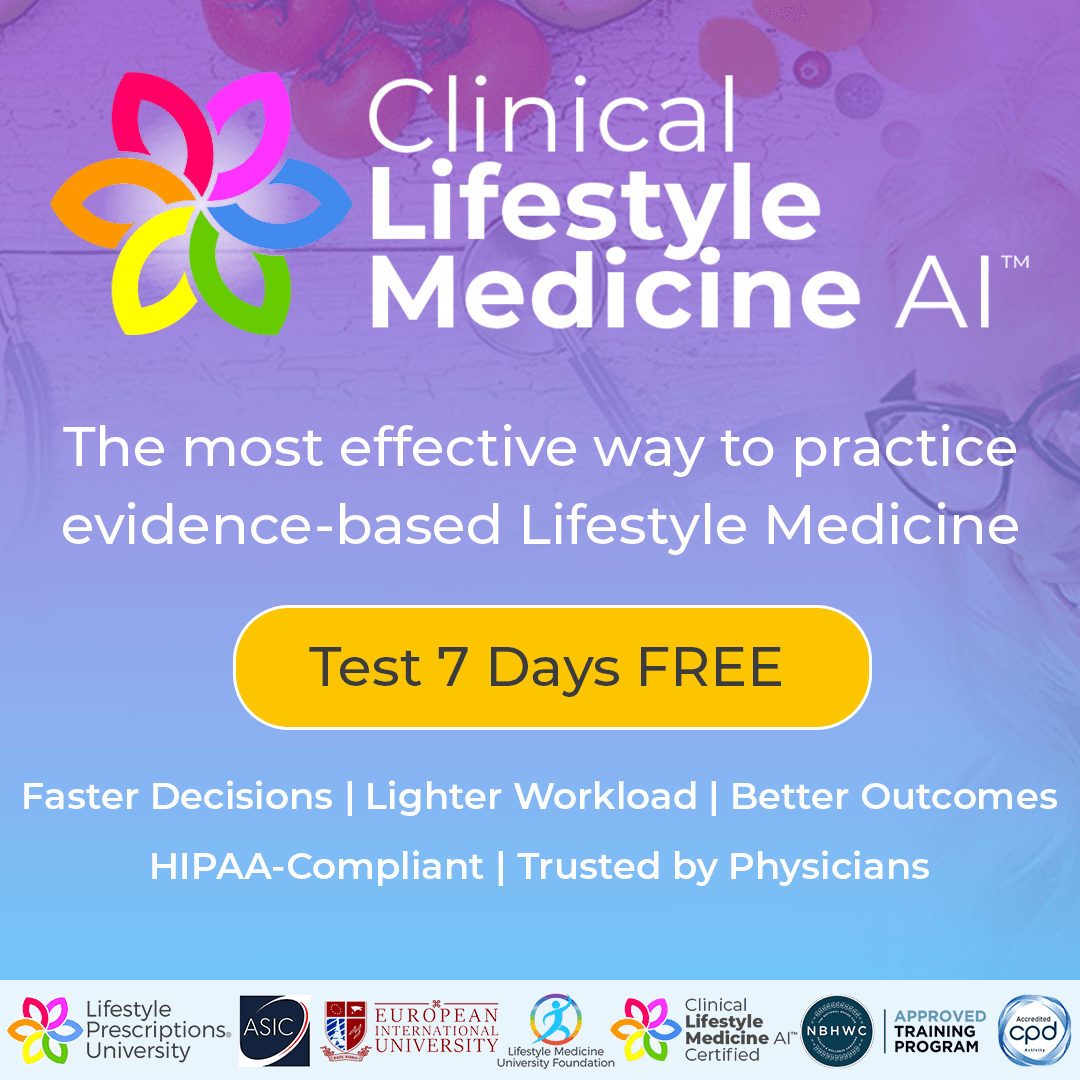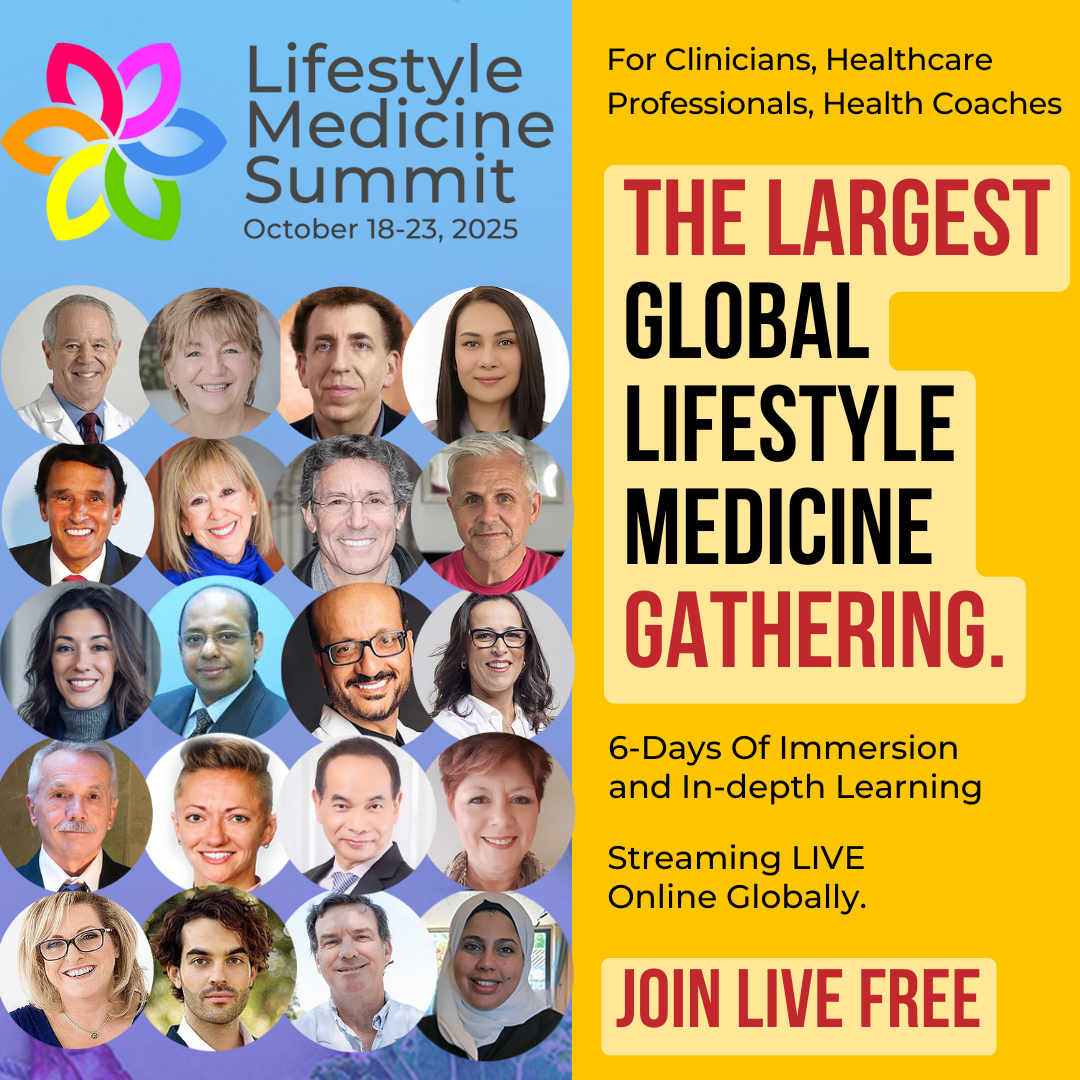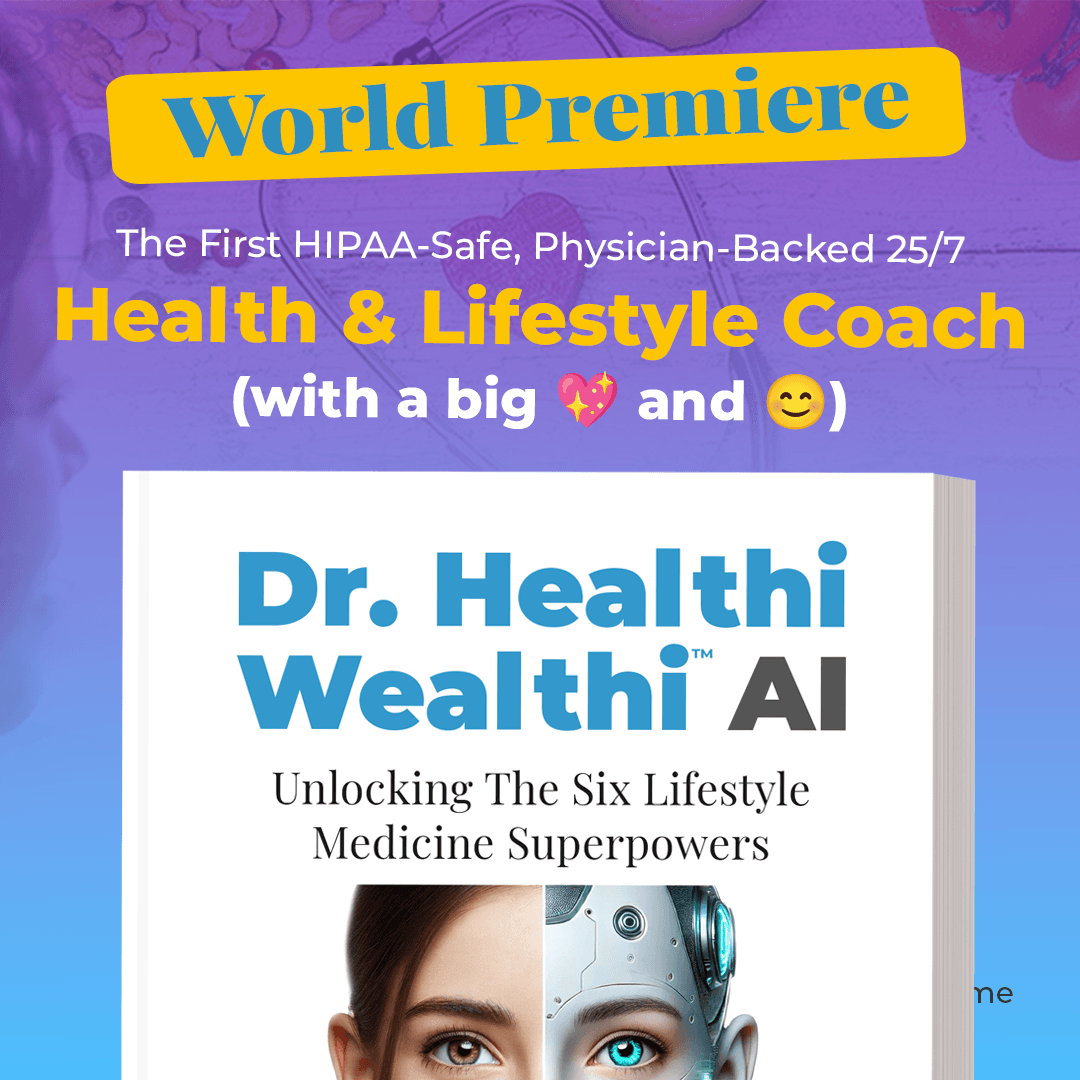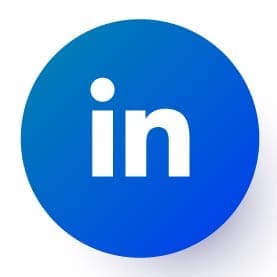New Breakthroughs in Heart Disease Treatment You Should Know About
Heart disease continues to be one of the leading causes of death worldwide, but recent advancements in treatment and technology are offering new hope. From innovative medications to cutting-edge procedures, these breakthroughs are revolutionizing how we combat heart disease. Here, we explore the most promising developments and what they mean for patients.
The Current Landscape of Heart Disease
Heart disease encompasses a range of conditions affecting the heart, including coronary artery disease, arrhythmias, and heart failure. Despite its prevalence, advancements in research and treatment are providing new strategies to manage and even reverse its effects.

Breakthrough #1: Advanced Medications
Recent years have seen the development of new drugs designed to tackle heart disease more effectively. These include medications that target cholesterol more precisely, reduce inflammation, and improve heart function. For example, PCSK9 inhibitors have revolutionized the management of high cholesterol, a major contributor to heart disease.
Breakthrough #2: Minimally Invasive Procedures
Technological advancements have led to procedures that are less invasive yet highly effective. Transcatheter aortic valve replacement (TAVR) is one such procedure that allows doctors to replace damaged heart valves without open-heart surgery. These minimally invasive techniques reduce recovery times and lower the risks associated with traditional surgeries.
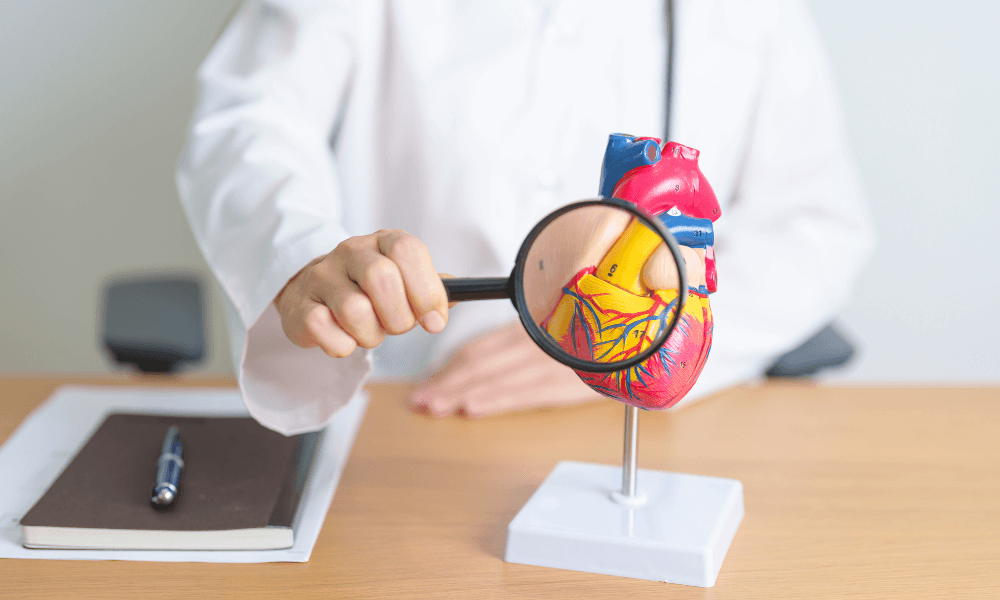
Breakthrough #3: Wearable Technology and Remote Monitoring
Wearable devices and remote monitoring tools are transforming how heart disease is managed. Devices such as smartwatches and wearable ECG monitors enable real-time tracking of heart health, providing early detection of issues like arrhythmias. Remote monitoring also allows physicians to adjust treatment plans promptly based on the patient’s condition.
Breakthrough #4: Gene Therapy
Gene therapy is emerging as a promising avenue in heart disease treatment. By modifying genes to correct abnormalities or produce therapeutic proteins, researchers aim to address the root causes of certain heart conditions. While still in the experimental stage, gene therapy holds significant potential for the future.
Breakthrough #5: Regenerative Medicine
Regenerative medicine uses stem cells and other biological techniques to repair or replace damaged heart tissue. This groundbreaking approach could potentially reverse the damage caused by heart attacks or chronic heart disease, offering hope for a complete recovery.
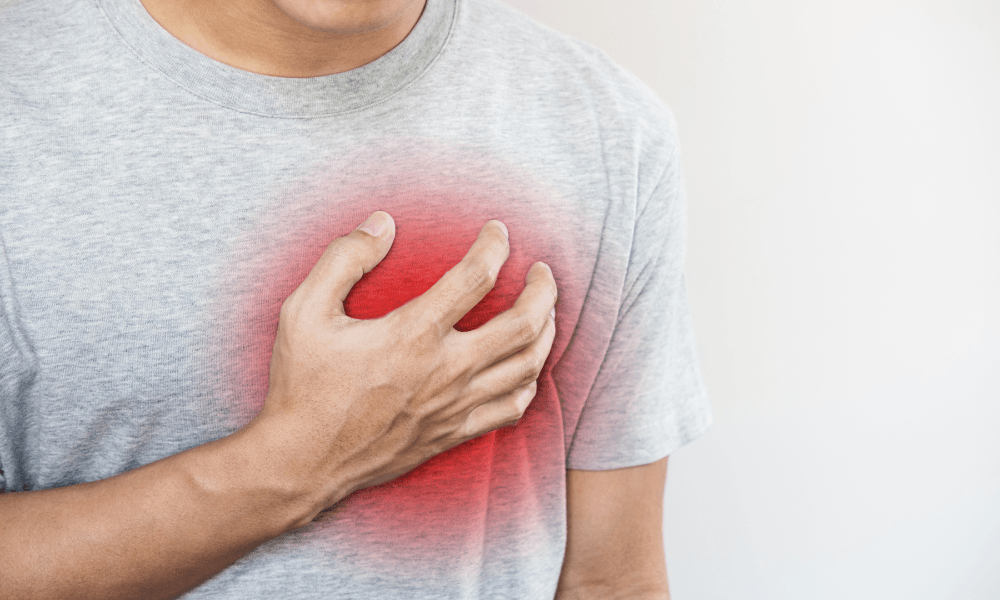
Implications for Patients
These breakthroughs in heart disease treatment are more than just scientific milestones; they are life-changing for millions of people. Patients can now access treatments that are safer, more effective, and tailored to their specific needs. Early diagnosis and intervention are also becoming more feasible, thanks to advancements in technology.
The Road Ahead
While these developments are promising, challenges remain. Accessibility and affordability of new treatments must be addressed to ensure that more patients benefit from these advancements. Additionally, ongoing research and collaboration among scientists, healthcare providers, and policymakers will be crucial in driving further progress.
Conclusion
Heart disease treatment has entered a new era, with breakthroughs offering hope to millions around the globe. By staying informed about these advancements, patients and healthcare providers can make more empowered decisions. With continued innovation and dedication, the fight against heart disease is stronger than ever.
© 2015-2026 Lifestyle Prescriptions® University. The terms Lifestyle Prescriptions®, Organ-Mind-Brain Anatomy™, and Root-Cause Health Coaching™ are worldwide trademarks of the Lifestyle Prescriptions® University and can only be used after completing qualifying training programs. Lifestyle Medicine WORKS™, Lifestyle Medicine Summit, HealthiWealthi™ are trademarks of Lifestyle Medicine University Foundation.
* This website and all LPU training programs are for educational purposes only. No medical diagnosis, therapy, or treatment is provided.


